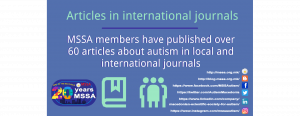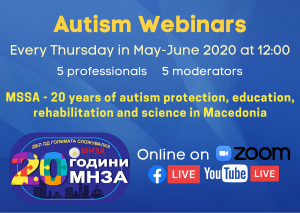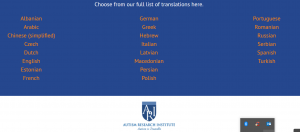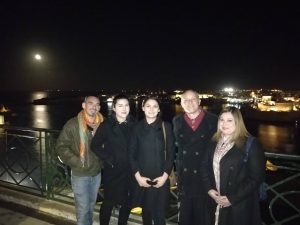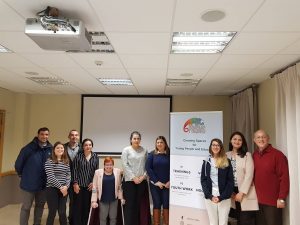Facebook
Linkedin
Email
Whatsapp

Dear colleagues,
We are honored to invite you to the 2nd Scientific ReAttach Conference which is held in
Skopje, Macedonia, May 29th – May 30th, 2020.
FINAL CALL FOR ABSTRACTS
In preparation for our final conference program, our scientific committee encourages you to submit an abstract for a lecture, workshop or poster presentation. The general theme of the 2nd ReAttach Conference is “embracing complexity“. This theme refers to the development of specialized training for ReAttach therapists who work with complex neuro-developmental challenges. The topics below are designed to help provide coherence to the program, but not to be overly restrictive.
- ReAttach
- Early Intervention / Special Education
- Autism Spectrum Disorders
- Neuro-developmental challenges through the lifespan
- Personal growth and performance
Special opportunities for parents, partners and service users
We feel that research, innovation, and clinical expertise must be accessible for all. Therefore a team of experts will be available for free consultations on May 31st.
Early Bird Registration is open until December 31st
You can easily register for this event by clicking the link below.
We hope to welcome you in Skopje!
Kind regards,
ReAttach Therapy International Foundation
Macedonian Scientific Society for Autism
